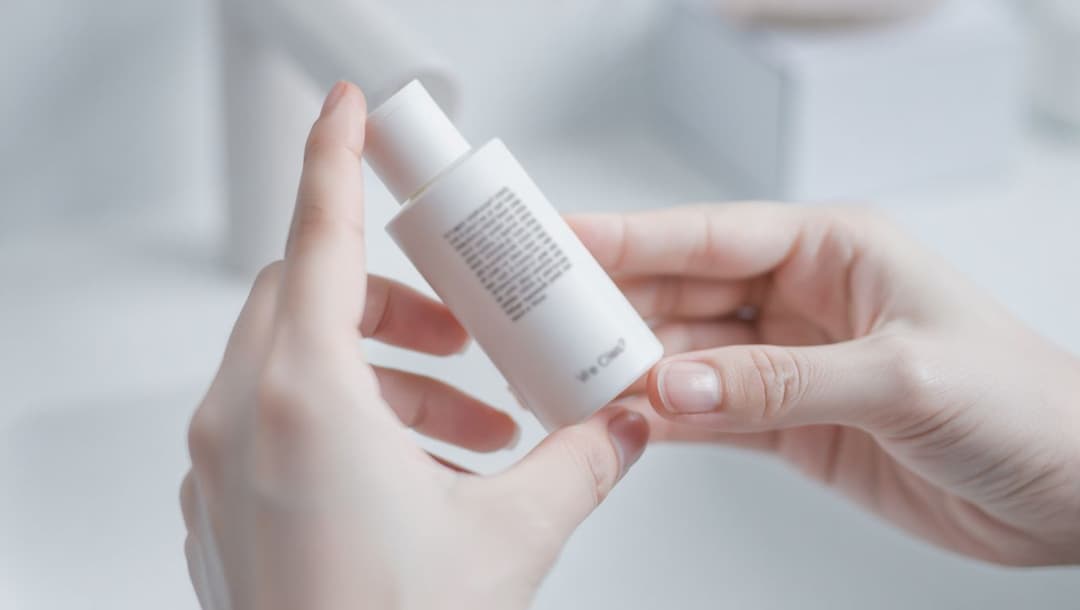Acne is a prevalent dermatological condition characterized by the obstruction of hair follicles due to a combination of sebum (oil), dead skin cells, and bacterial proliferation. This condition manifests in various forms, including:
Types of Acne Lesions:
1. Comedones: These are non-inflammatory lesions that can be categorized into:
- Closed Comedones (Whiteheads): Small, flesh-colored or white bumps that occur when hair follicles are blocked.
- Open Comedones (Blackheads): Dark-colored lesions that result from the oxidation of melanin in clogged follicles.
2. Inflammatory Lesions: These include:
- Papules: Elevated, red bumps that indicate inflammation.
- Pustules: Similar to papules but characterized by a pus-filled center.
- Nodules: Larger, painful lesions that develop beneath the skin’s surface.
- Cysts: Deep, painful, pus-filled lesions that can lead to scarring.
Common Areas Affected by acne:
Acne typically appears on the face, back, shoulders, and chest, where oil glands are most concentrated.
Causes of Acne:
- Hormonal Changes: Fluctuations in hormones, especially during puberty, menstruation, pregnancy, or due to hormonal disorders, can increase oil production.
- Excess Oil/Sebum Production: Overactive sebaceous glands produce more oil than necessary.
- Bacteria: Propionibacterium acnes is a bacteria that can contribute to inflammation and infection in clogged pores.
- Dead Skin Cells: An accumulation of dead skin cells can block hair follicles.
Other factors that can contribute to acne include:
- Genetics: Acne can run in families.
- Certain medications: Some medications, such as corticosteroids and lithium, can cause or worsen acne.
- Stress: Stress can exacerbate acne.
- Touching your face: Touching your face can transfer bacteria and oils to your pores, worsening acne.
- Diet: While there's no definitive link between diet and acne, some studies suggest that a diet high in refined carbohydrates and dairy products may contribute to it.
Diet can have a significant impact on skin health and the occurrence of acne through several mechanisms:
1. Blood Sugar Levels
- High Glycemic Index Foods: Foods that cause rapid spikes in blood sugar, such as sugary snacks, white bread, and certain processed foods, may increase insulin levels. Elevated insulin can lead to increased oil production in the skin and exacerbate acne.
- Low Glycemic Index Foods: Consuming foods with a lower glycemic index, such as whole grains, legumes, fruits, and vegetables, can help maintain stable blood sugar levels and may reduce the risk of acne.
2. Dairy Products
- Hormonal Influence: Some studies suggest a correlation between dairy consumption and acne, particularly low-fat dairy products. The hormones present in milk may stimulate oil production and contribute to the development of acne lesions.
3. Fatty Acids
- Omega-3 and Omega-6 Fatty Acids: A diet rich in omega-3 fatty acids (found in fatty fish, flaxseeds, and walnuts) may have anti-inflammatory properties that can benefit skin health. Conversely, an imbalance with high levels of omega-6 fatty acids (found in certain vegetable oils) may promote inflammation and worsen acne.
4. Vitamins and Minerals
- Antioxidants: Vitamins A, C, and E, as well as minerals like zinc, play crucial roles in skin health. They help combat oxidative stress and support skin repair processes. A deficiency in these nutrients may negatively affect skin condition and healing. 5. Hydration
- Water Intake: Proper hydration is essential for maintaining skin health. Insufficient water intake can lead to dry skin, which may trigger the skin to produce more oil in an attempt to compensate, potentially leading to clogged pores and acne.
6. Overall Diet Quality
- Balanced Diet: A well-rounded diet that includes a variety of fruits, vegetables, whole grains, lean proteins, and healthy fats can promote overall skin health. Nutrient-dense foods provide essential vitamins and minerals that support skin repair and resilience.
While the relationship between diet and acne is complex and can vary among individuals, adopting a balanced and nutritious diet may help improve skin health and reduce the occurrence of acne. It is advisable to observe personal dietary triggers and consult with a healthcare professional or a dermatologist for tailored dietary recommendations related to acne management.
Impact of acne:
While acne is not typically associated with serious medical complications, it can have a considerable impact on an individual’s physical psychological well-being.
Physical impacts:
- Appearance: Acne can be a major concern for many people, affecting their self-esteem and confidence.
- Pain and discomfort: Acne lesions can be painful, especially when they are inflamed or infected.
- Scarring: Severe acne can lead to scarring, which can be a permanent physical reminder of the condition.
Emotional impacts:
- Low self-esteem: Acne can negatively impact self-esteem and body image, leading to feelings of insecurity and shame.
- Depression and anxiety: In some cases, severe acne can contribute to depression and anxiety.
- Social isolation: People with acne may avoid social situations or activities due to concerns about their appearance, leading to feelings of loneliness and isolation.
It's important to note that the impact of acne can vary greatly from person to person. Some individuals may experience mild symptoms, while others may face more severe challenges. Therefore, effective management and treatment of acne are essential for improving both physical appearance and overall quality of life.

















